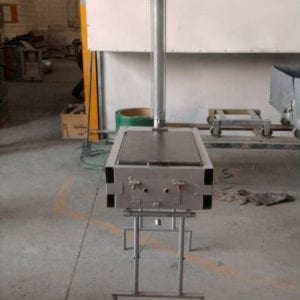
Agriculture
December 20, 2023
Estufa Palermo
Read SolutionImplemented by
Abastecedora Palermo
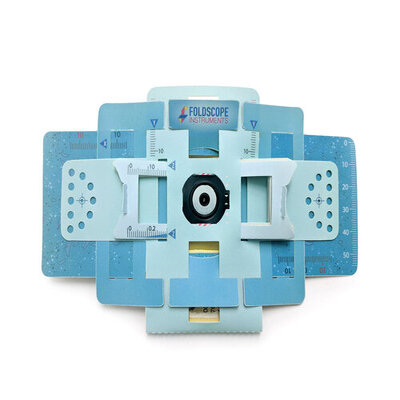
Updated on February 26, 2024
·Created on June 14, 2016
Foldscope is an affordable paper microscope designed to be portable and durable, while performing on par with conventional research microscopes
Foldscope is an ultra-low cost microscope made from common materials such as paper. It is designed to be produced affordably, to be durable, and to give optical quality similar to conventional research brightfield microscopes and in the future darkfield, fluorescence, polarization and projection microscopes. Foldscope’s functions are currently being optimized for disease-specific diagnostics. Other benefits include usage in medical education and general education on the role of unseen lifeforms in infectious diseases.
Target SDGs
SDG 3: Good Health and Well-Being
Market Suggested Retail Price
$1.00
Market Suggested Retail Price (Secondary Currency)
1.75
Target Users (Target Impact Group)
Small and Medium-sized Enterprises, Public Sector Agencies, NGOs
Distributors / Implementing Organizations
Foldscope was implemented by Foldscope instruments Inc, Centers for Global Health and the Gates Foundation and the following partners; Moore Foundation, India's Dept of Biotechnology, Simons Foundation and MilliporeSigma . The company has a wide range of distributors in many parts of the world. The company also has a pool of donors as well.
Competitive Landscape
Direct competitors include CellScope Oto and UC Berkeley CellScope.
Regions
Worldwide
Manufacturing/Building Method
Materials include folded paper, bead of glass, watch battery, light-emitting diode, and on/off switch.
One of the unique design features of the microscope is the use of inexpensive micro lenses instead of the precision-ground, curved, glass lenses used in traditional microscopes. These poppy-seed-sized lenses were originally mass-produced in various sizes as an abrasive grit that was thrown into industrial tumblers to knock the rough edges off metal parts. In the simplest configuration of the Foldscope, one 17-cent lens is press-fit into a small hole, call an aperture, in the center of the slide-mounting platform. Some of the more sophisticated versions have multiple lenses, including condenser lenses, doublet lenses and light filters.
Intellectural Property Type
Patent
User Provision Model
The user can purchase or order the foldscope directly from foldscope instruments or other distributors across the world.
Distributions to Date Status
According to the designers Over one million Foldscope units have been distributed to 135+ countries
Illumination source
Ambient light, white light-emitting diode (LED) for illumination in darker conditions, blue LED for fluorescence imaging
Magnification level
140-1,000X
Spatial Resolution
800 nm
Diagnostic Applications
Identification of Giardia lamblia, Leishmania donovani, Trypanosoma cruzi (Chagas parasite), Escherichia coli, Bacillus cereus, Schistosoma haematobium and Dirofilaria immitis
Power supply type
3V button cells for the electrical slider switch
Consumables
Glass slides
Indispensable equipment for function (Y/N)
Image capture equipment (camera/smartphone), batteries
Maintenance or calibration required by user at time of use? (Y/N)
Yes
Design Specifications
The product has a magnification up to 2,000x and a resolution of 800nm. It has a Battery Source: 3V button battery required to power the electrical slider switch. Illumination sources include white LED for bright-field foldscopes and blue LED for fluorescence foldscopes. It weighs only 8 grams with dimensions of (70 x 20 x 2 mm3). Foldscope can survive being dropped from a 3-story building. The Foldscope may be printed out on standard paper and constructed by hand within several minutes.
Technical Support
The Manufacturer has provided a user guide and other resources for users on their website
The goal is to make it easy to assemble and use the microscope, with users able to fold and construct the Foldscope in about 20 minutes. Currently, the device's assembly is so simple that majority of the device may be printed and assembled at home . However, if Foldscope is released for disease diagnostics, this will likely require more manufacturer oversight.
Replacement Components
The user can purchase additional components like the Foldscope Paper Slides and the Foldscope Cover Slips. The components for the original Foldscope are listed in its original publication, but replacement components for use and placement in the specific product may not be available based upon what changes will be necessary to apply the concept to disease diagnostics. One challenge cited is that the original paper construction may not stand the test of time in rural communities where dust and liquids may easily contaminate the device; thus, the design may need to be redeveloped for a device with a much longer life span.
Lifecycle
Unknown
In the event that Foldscope is used to examine hazardous samples, it would need to be disposed of after a single use.
Manufacturer Specified Performance Parameters
Constraints set out by the Prakash Lab: durable, functional, inexpensive, lightweight, small, easy to use and replace, requires no external power, and examine specimens on a glass slide similar to traditional microscopes
Vetted Performance Status
A research study demonstrated that the Foldscope lens has substantial agreement with conventional microscope camera with an accuracy of 80%, a sensitivity and specificity of 85 and 90% in cervical cytology microscopy research. It has also been used and tested by a lot of people. Users have shared their testimonies on the manufacturer's website Has already gone through years of research in the field, continuing to undergo clinical testing and international fieldwork in both diagnostics and education. Disease-specific Foldscope designs have gone through early bench-testing and yielded data, including high-magnification bright-field images of Giardia lamblia, Leishmania donovani, Trypanosoma cruzi (Chagas parasite), Escherichia coli, and Bacillus cereus, and low-magnification brightfield images of Schistosoma haematobium and Dirofilaria immitis. In the future, dark-field and fluorescence Foldscopes will also be adapted for diagnostics, and sensitivity and specificity will be measured for various disease-specific Foldscopes in the field as clinical validations against existing diagnostic standards.
Safety
Safety is unknown, however, foldscope is easy-to-use and replace. Please follow instructions and cautions as given.
Complementary Technical Systems
Foldscope is designed as a "stand alone" instrument for educational applications. For clinical applications it can be coupled with a camera phone to record images and movies.. Embedding flat rare-earth magnets in paper provides means for magnetic self-alignment, allowing the Foldscope to be reversibly coupled to a conventional smartphone for image capture, for smartphone-based diagnostics, or for telemedicine.
Academic Research and References
Cybulski, J., Clements, J., and Prakash, M. Foldscope: Origami based paper microscope. PLoS ONE, 2014. 9(6):e98781.
Ephraim, R.K, Duah, E., Cybulski, J.S., Prakash, M., D’Ambrosio, M.V., Fletcher, D.A.,.. & Bogoch, I., Diagnosis of Schistosomiasis haematobium infection with Mobile Phone-Mounted Foldscope and a Reversed-Lens Cellscope in Ghana. The American Journal of tropical medicine and hygiene, 2015. 14-0741.
Naqvi, A., Manglik, N., Dudrey, E. et al., 2020. “Evaluating the performance of a low-cost mobile phone attachable microscope in cervical cytology“. BMC Women’s Health 20, 60
Cybulski, J., Prakash, M. Project microscopy (under preparation).
More publications, presentations, and past talks listed on the lab website
Kosowatz, John. “Folding Microscopes from Frugal Science.” ASME, 2014.
Newby, Kris. “Bioengineer designs diagnostic microscope costing less than $1” Stanford Medicine, 2014.
Prakash, Manu. Optical details of the image generation arrangements using fluorescence or luminescence, WIPO/PCT issued 2013.
“Foldscope $1 Microscope – Future Health Systems.” Cargo Collective, 2015.
Chung, Jackson. “College Professor Invents Origami-Inspired Microscope That Only Costs 50-Cents to Make.” TechEBlog, April 6, 2014.
Compliance with regulations
None, though clinical research and testing is underway. Foldscope is not currently approved for diagnostics applications in human health
Evaluation methods
Bench testing materials and methods are described in their published papers.
Additional clinical/field testing was funded by the Bill and Melinda Gates Foundation with a $100,000 grant to test Foldscope in Thailand, India, and Uganda.
Other Information
None.

Agriculture
December 20, 2023
Implemented by
Abastecedora Palermo
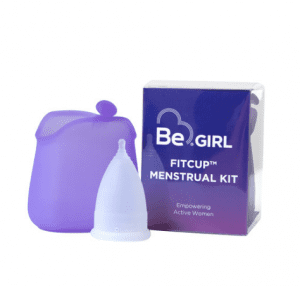
Agriculture
December 18, 2023
Implemented by
Be Girl
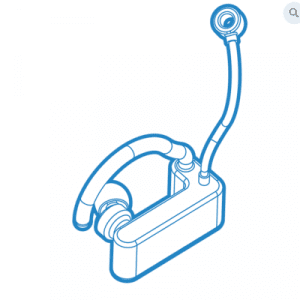
Agriculture
June 29, 2024
Implemented by
Ker-Jiun Wang
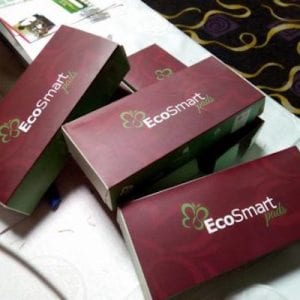
Agriculture
February 21, 2024
Implemented by
EcoSmart
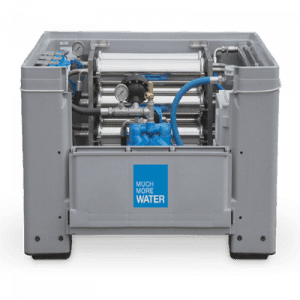
Agriculture
January 25, 2024
Implemented by
MuchMoreWater

Agriculture
December 28, 2024
Implemented by
Himalayan Rocket Stove Pvt. Ltd.
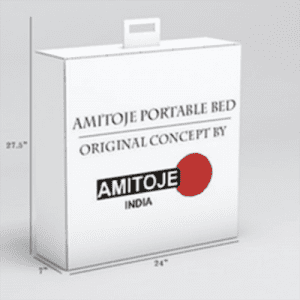
Agriculture
January 12, 2024
Implemented by
Amitoje India
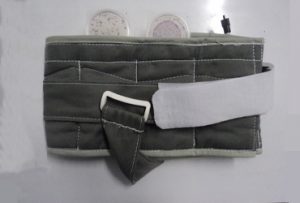
Agriculture
January 27, 2024
Implemented by
Environment & Public Health Organization (ENPHO)
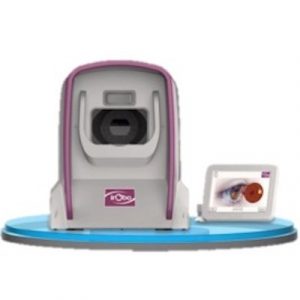
Agriculture
February 23, 2024
Implemented by
Autoyos
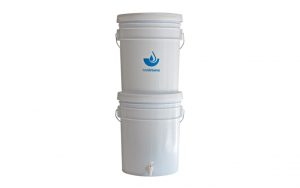
Agriculture
January 30, 2024
Implemented by
IslaUrbana
Have thoughts on how we can improve?
Give Us Feedback